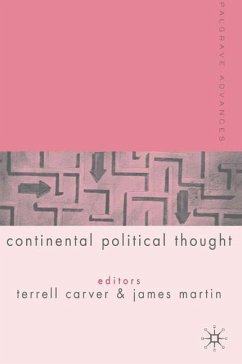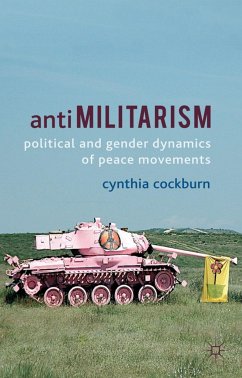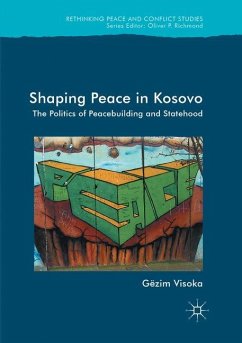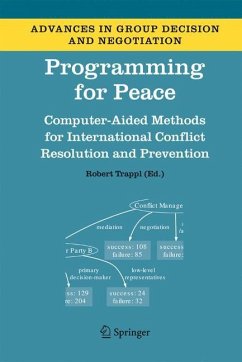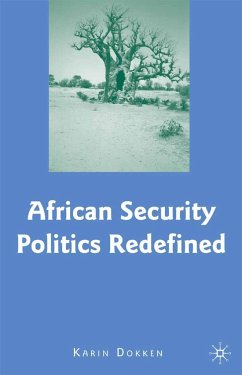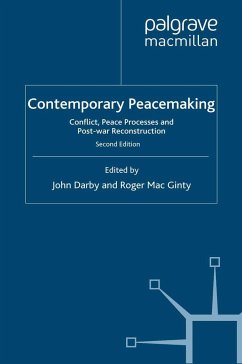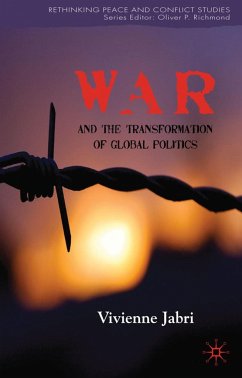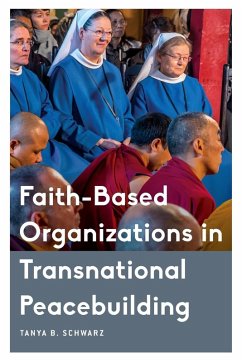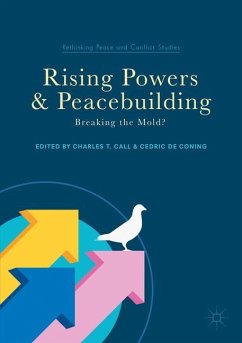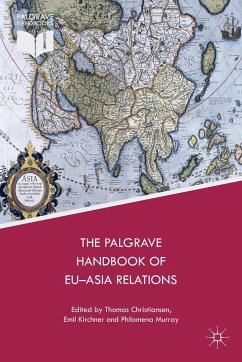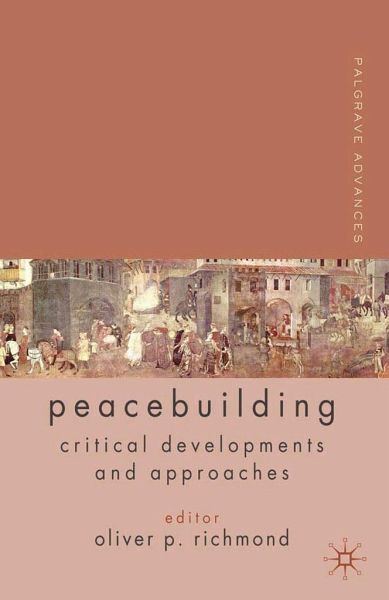
Palgrave Advances in Peacebuilding
Critical Developments and Approaches
Herausgegeben: Richmond, O.

PAYBACK Punkte
38 °P sammeln!
Critical thinking has prospered in the interdisciplinary study of peacebuilding over the last decade or so, despite (and perhaps because of) the certainties and systems offered by the comfortable, liberal-realist mainstream praxis. As the liberal state system, and the assumptions of the 'international community' and its capacity to control and govern appears now to have begun to unravel, so too the vibrancy of the debate in these areas has gathered pace. Critical agendas for peacebuilding offer an analysis of the deep complexity of rights and needs, and at one end of the scale a certainty in b...
Critical thinking has prospered in the interdisciplinary study of peacebuilding over the last decade or so, despite (and perhaps because of) the certainties and systems offered by the comfortable, liberal-realist mainstream praxis. As the liberal state system, and the assumptions of the 'international community' and its capacity to control and govern appears now to have begun to unravel, so too the vibrancy of the debate in these areas has gathered pace. Critical agendas for peacebuilding offer an analysis of the deep complexity of rights and needs, and at one end of the scale a certainty in basic human sameness and goodness, while at the other, a more pluralist interest in difference and hybridity. They debate how sensitized and how 'local' such processes may be and ultimately, they seek to reduce the programmatic reliance on hard security, basic rights, dominant a priori institutions, markets, territoriality, and cultural normative systems.





